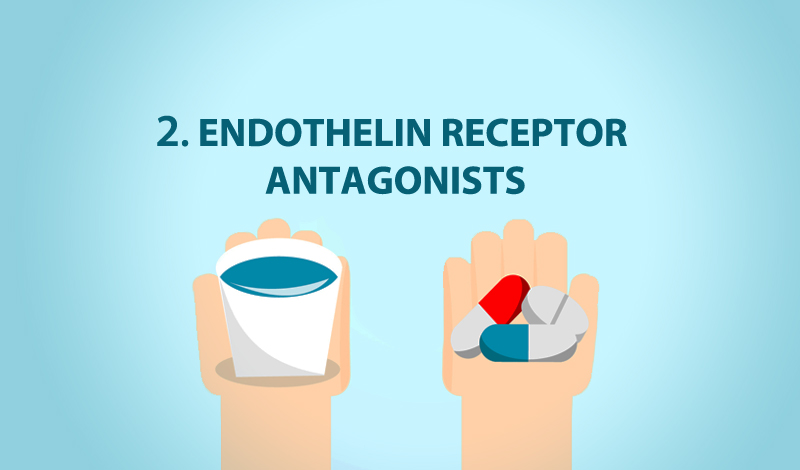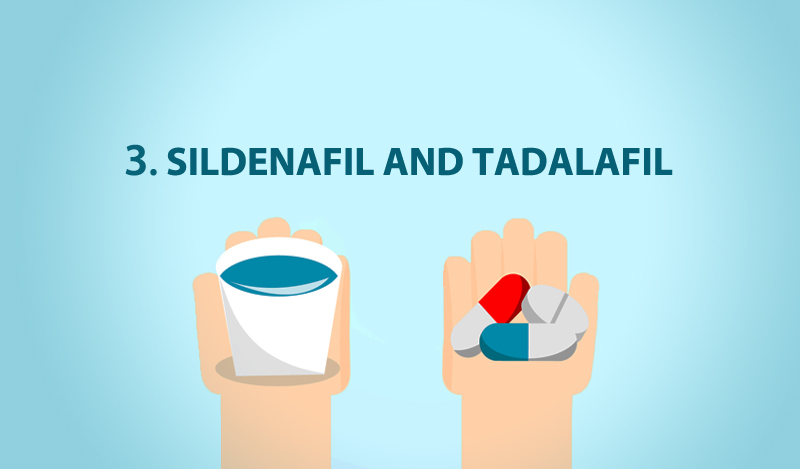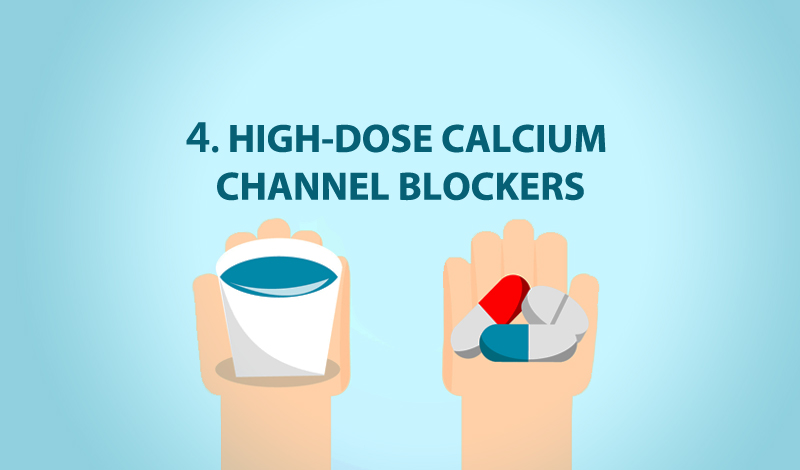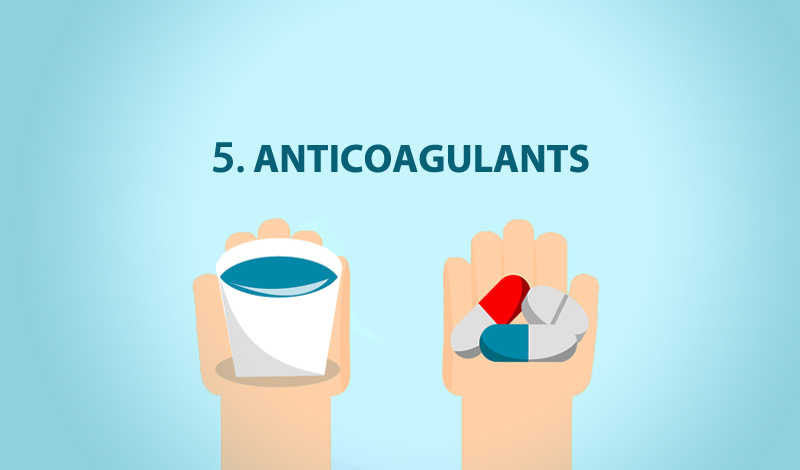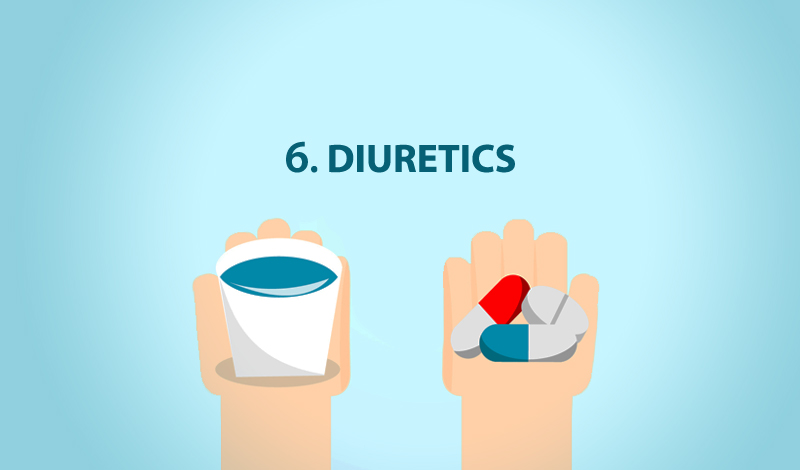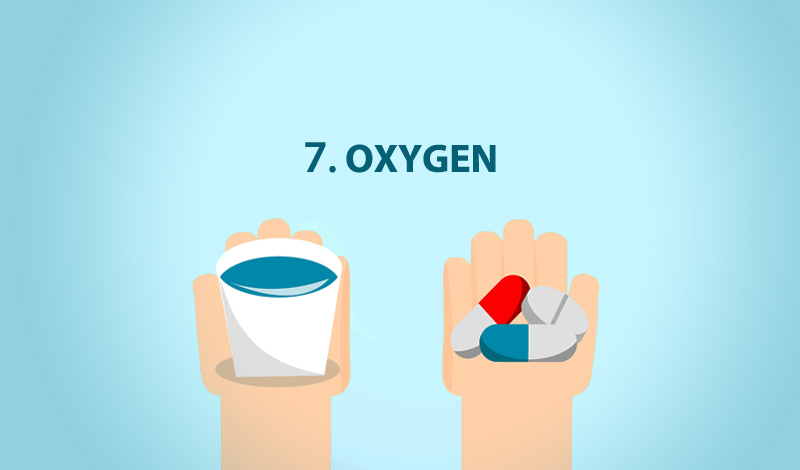7 Medications to Treat Pulmonary Hypertension
Written by |
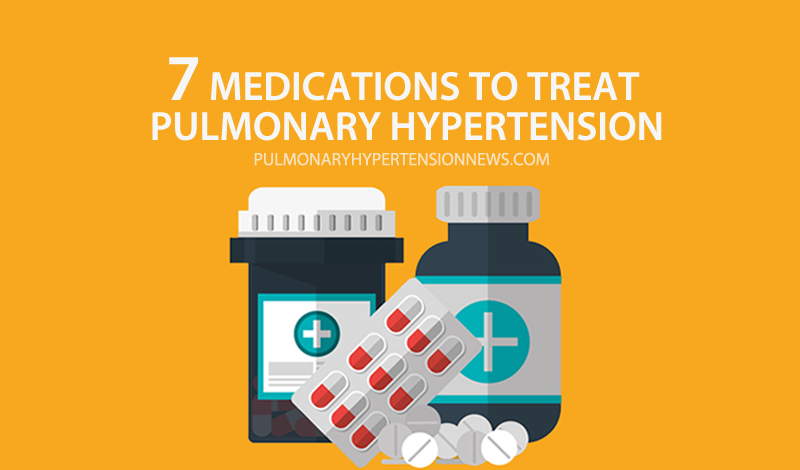
According to the Mayo Clinic, discover which type of treatments or medications are available to help treat pulmonary hypertension.
1. Blood vessel dilators (vasodilators)
Pulmonary hypertension is a disease which narrows the blood vessels, so using blood vessel dilators as a treatment will help since they work to open narrowed blood vessels. Epoprostenol (Flolan) is one of the vasodilators for PH most commonly prescribed. However, as this is a medication whose effect only lasts a few minutes, epoprostenol needs to be injected over and over again via an IV through a pump which PH patients have to wear in a pack on their belt or shoulder. Like all medications, it has its side effects which include jaw pain, nausea, diarrhea, and leg cramps, among others.
2. Endothelin receptor antagonists
Endothelin is the substance that causes the blood vessels to narrow. Endothelin receptor antagonists are medications that reverse this effect. Bosentan (Tracleer) is one of these medications; whilst taking it, pulmonary hypertension patients may see their energy levels improved and their symptoms relieved. If you’re prescribed this medication, you will need monthly liver monitoring since this drug is very strong and can cause damage to your liver. A similar medication to Bosentan, which also stops the narrowing of your blood vessels, is Ambrisentan (Letairis).
3. Sildenafil and Tadalafil
Sildenafil (Revatio) and Tadalafil (Adcirca) are sometimes used to treat pulmonary hypertension. Sildenafil and its compounds have been found to improve exercise ability and reduce clinical disease progression in patients with pulmonary arterial hypertension (PAH). Tadalafil, marketed under the name Adcirca, is used to treat patients with PAH as it also can improve exercising ability. Both of these medications are used to open the blood vessels in the lungs and as a result, they allow blood to flow through more easily.
4. High-dose calcium channel blockers
These types of medication help relax the muscles in the walls of blood vessels. Amlodipine (Norvasc), diltiazem (Cardizem, Tiazac) and nifedipine (Adalat, Procardia) are some of the high-dose calcium channel blockers available for pulmonary hypertension treatment.
5. Anticoagulants
Anticoagulants are important to help prevent blood clots from forming in the pulmonary arteries. Warfarin (Coumadin, Jantoven) is one of the more common anticoagulants you can be prescribed with. Also, anticoagulants prevent normal blood coagulation, and for this reason, it’s possible they may increase the risk of bleeding complications. It is important to take this medication as the doctor prescribed and follow all of their directions, or else you can suffer from serious and severe side effects.
6. Diuretics
Diuretics are used to help eliminate excess fluid from the body. They are usually known as water pills and they reduce the work your heart has to do. They can also be used to help your lungs limit fluid build ups.
7. Oxygen
As people with pulmonary hypertension have difficulties breathing, something they will always need is oxygen. It’s possible your doctor may suggest you breathe pure oxygen – a treatment known as oxygen therapy – to help treat this PAH.
Read the latest updates on pulmonary hypertension: https://bit.ly/1K4oewk

